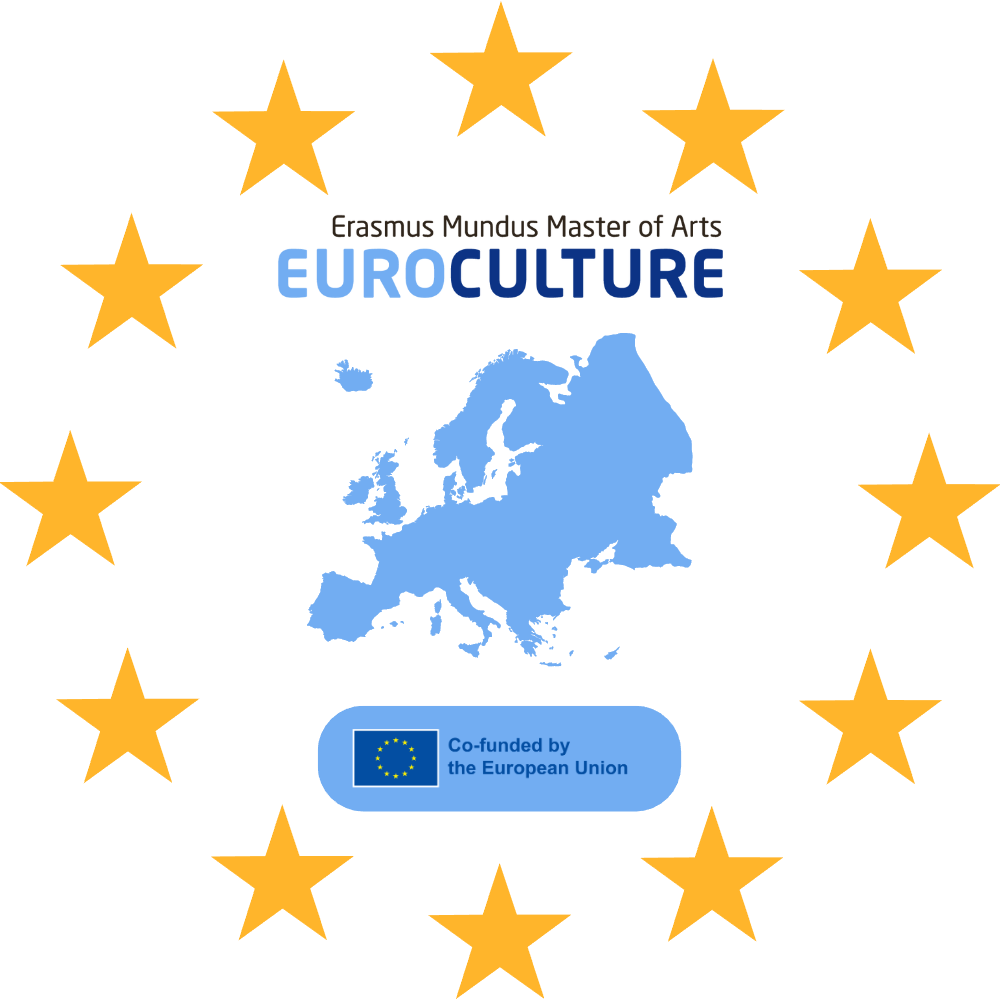
Erasmus Mundus Scholarship
NOTE: For the academic year 2025-2026, no Erasmus Mundus scholarships are available.
We are actively working to secure funding for the 2026-2027 cohort (starting in September 2026), and we remain optimistic that Erasmus Mundus scholarships will be available again from 2026 onward. Prospective students are encouraged to check back for updates as new information becomes available. For questions or concerns regarding ongoing applications, please contact euroculture@rug.nl.
The Erasmus Mundus Programme supports European top-quality Master Courses and enhances the visibility and attractiveness of European higher education in third countries. The Erasmus Mundus Programme provides scholarships students who have applied to and have been accepted by the Euroculture Master Course.
Please note that the 2025-2027 application round for scholarships will not take place. Those who submit their applications this year will only be considered as self-funding applicants. Applying for Euroculture is done through the Euroculture Online Application Tool. Euroculture currently has no application fees for prospective students.
What does the Erasmus Mundus scholarship cover?
The student grant covers the participation costs and a monthly allowance for living costs. Each grantee will receive EUR 1.400 each month for living costs during the 24 months duration of the programme. Health insurance is included in this scholarship. In addition, all tuition fees are waived.
Eligibility criteria:
Scholarship students must have already obtained a first higher education degree or demonstrate a recognised equivalent level of learning according to national rules and legislation in place by the application deadline.
Students who have already obtained a scholarship under Erasmus+ (specifically EMJM, EMJMD, or PhD-level grants) are not eligible for an additional scholarship under the EMJM action. Please note that Erasmus+ Mobility Grants for Bachelor or Master-level studies do not count towards this criterium. Students benefiting from an EMJM scholarship cannot benefit from another EU grant while pursuing their EMJMD studies.
With very few exceptions, most nationalities are eligible to apply for this programme.
A full and timely application is required for any application to be considered. Check the menu on the left for required documents.
The EMJM framework offers a number of targeted region scholarships in addition to the regular Erasmus Mundus scholarships.
Erasmus Mundus Scholarships for Career Scholars
Mobility grants may, in select cases, be awarded to (PhD) scholars enrolled in third-country institutions selected by the Euroculture Erasmus Mundus Consortium to contribute to the Joint Programme. We kindly request that you refrain from sending unsolicited requests for funding, as we prefer to work with inquiries initiated through our established channels. Your understanding is greatly appreciated.
Erasmus Mundus and Euroculture: a Brief History
In 2005, the Euroculture Master was selected by the European Commission among one of the first Erasmus Mundus Masters Courses (EMMC), for which the Euroculture consortium received funding from 2006 to 2011.
In 2011, the programme was selected for a second time for 5 years of funding in the second phase of the Erasmus Mundus Programme, which allowed us to cover scholarships for the intakes of 2012, 2013, 2014, 2015, and 2016.
In 2017, the programme was selected for a third time as an Erasmus Mundus Joint Master Degree (EMJMD), which allowed us to cover scholarships for the intakes of 2017, 2018, 2019, and 2020.
In 2021, Euroculture was selected for a fourth time as an Erasmus Mundus Joint Master Degree (EMJMD), which allowed us to cover scholarships for the intakes of 2021, 2022, 2023, and 2024.
In 2025, Euroculture has submitted a grant application to get reselected for a fifth time under the EMJM framework. The results of our reapplication will be available in early-to-mid 2025. If succesful, grants will be available starting with the 2026-2028 intake.
The Erasmus Mundus Programme supports European top-quality Joint Master Degrees and enhances the visibility and attractiveness of European higher education in third countries. It fosters cooperation between higher education institutions and academic staff in Europe and Third Countries with a view to creating poles of excellence and providing highly trained human resources. Joint programmes must involve mobility between the institutions of the consortium and lead to the award of recognised joint, double or multiple degrees to successful students / doctoral candidates.
Privacy disclaimer
Please note that if your application is selected for the EMJM Euroculture (proposed for a scholarship, put on the reserve list or enrolled on a self-paying basis), its data may be used for the purposes of evaluating the Erasmus programmes, efficiently managing Erasmus projects, and producing statistics. Data could be made available to the Education and Culture Executive Agency (EACEA), the European Commission, the European External Action Service staff, as well as to other stakeholders of the Erasmus+ programme, such as Erasmus+ National Agencies, National Erasmus+ Offices and the Erasmus Mundus Student and Alumni Association.
Please consult the privacy statement here.


